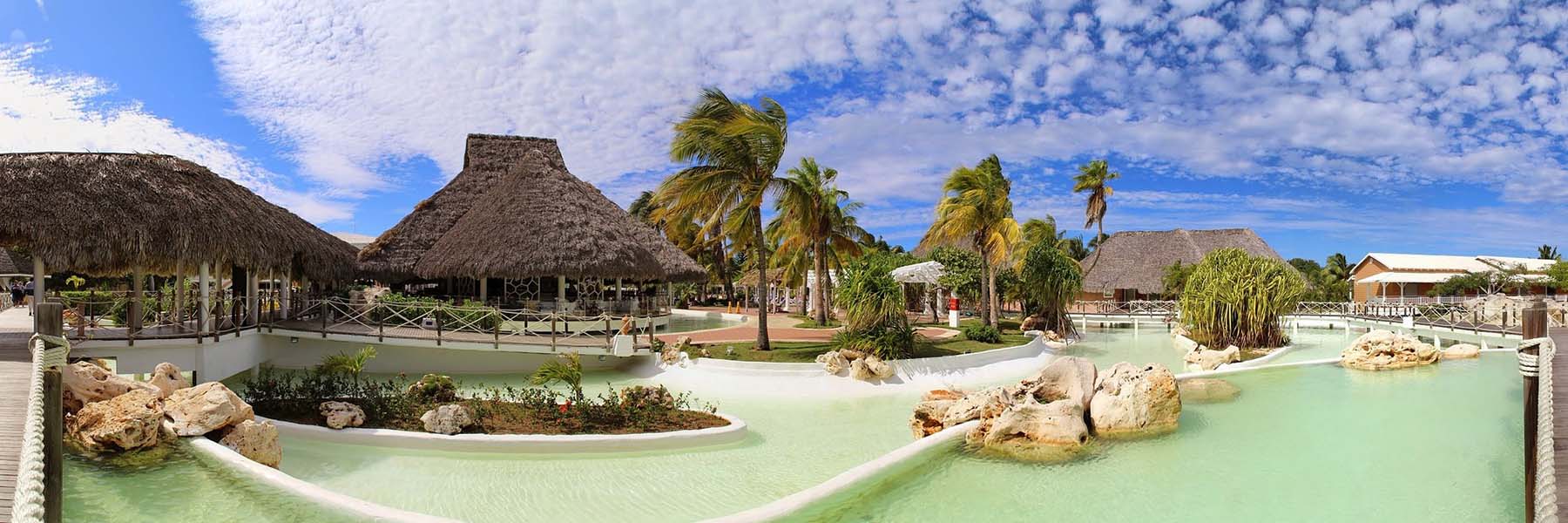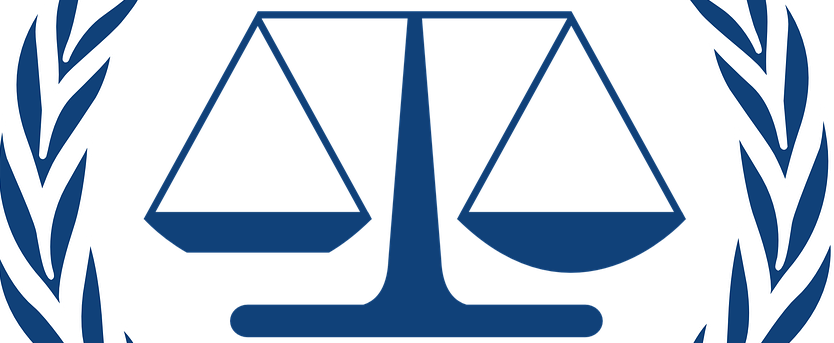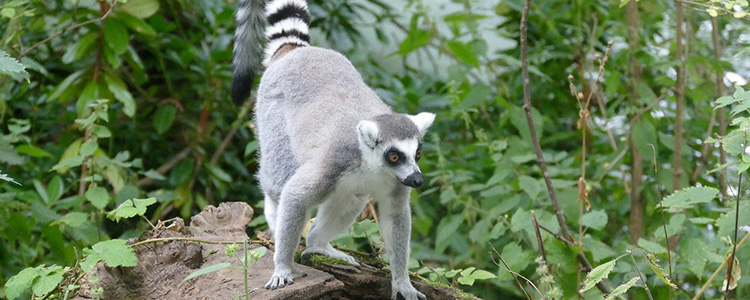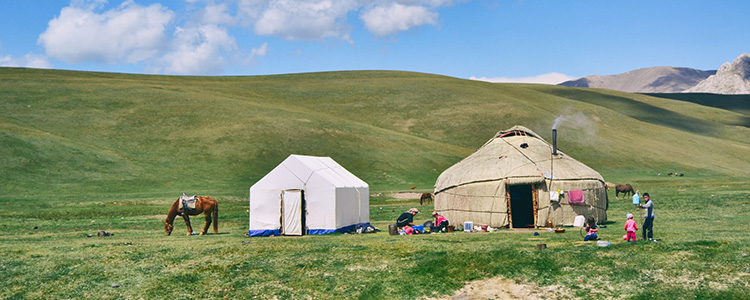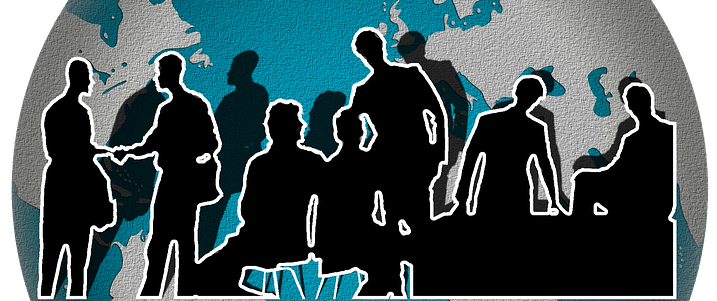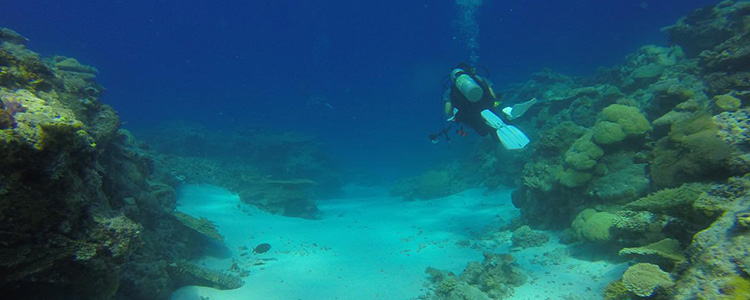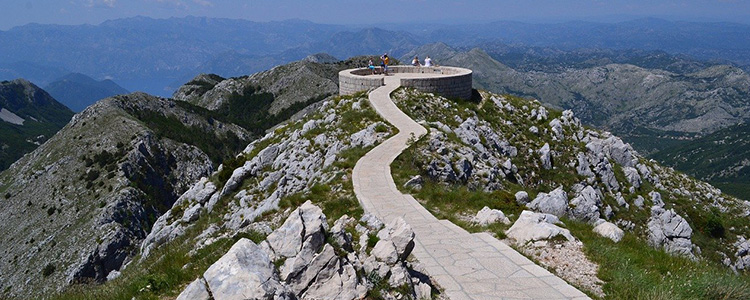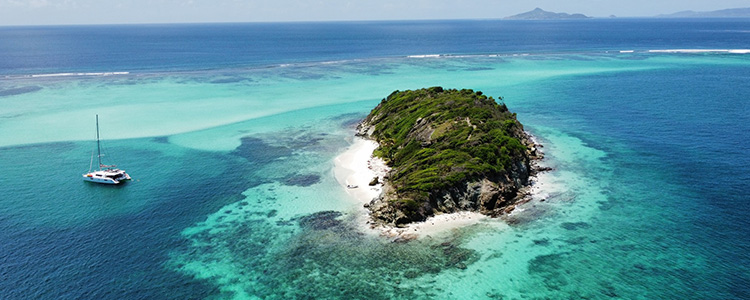Cuba Country Bundle: suggestions, stories and tips
Content about Cuba on WorldSupporter
 Packing list for Cuba, travel insurance for Cuba, and taking your belongings
Packing list for Cuba, travel insurance for Cuba, and taking your belongings
- What to bring to Cuba: highlighted
- What knowledge is useful when you go to Cuba?
- Are there mosquitoes in Cuba?
- Are there sand flies in Cuba?
- Can you buy DEET, or other anti-mosquito products, in Cuba?
- Where can you get your food and drinks in Cuba?
- Can you buy a beer or wine in Cuba, or take it to Cuba?
- Can you buy a joint or weed in Cuba, or take it to Cuba?
What to bring to Cuba: highlighted
Highlighted items:
- Documents: passport valid for at least 6 months after arrival, visa and ESTA if you are traveling via the US. Proof of travel insurance, proof of exit and booking confirmation of your place of residence may also be required.
- Money: bring euros or dollars. In Cuba you can exchange them for Cuban pesos.
- Care: sunscreen is often scarce and expensive, so bringing your own with a high factor is handy.
- Outdoor and conveniences: sunglasses for the sun and a raincoat for the rainy season.
- Clothing: light and breathable clothing because it is often tropically warm.
- Shoes: comfortable walking shoes in any case!
- Medicines and travel kit: a small first aid kit with what you think you need, because pharmacies often have little stock.
- Technology and equipment: world plug type A/B, the same as in the US.
- Women: menstrual products can be hard to find, so bring your prefered products.
What else can you bring:
- Hygiene wipes/tissues because you don't always find soap or toilet paper in public places.
- Power bank for when the power goes out.
- Ereader or games for the evenings offline.
- Reusable water bottle with filter.
What knowledge is useful when you go to Cuba?
- Knowledge of Spanish is useful to take with you to Cuba.
- Know the rules and know how to travel around and arrange things.
Are there mosquitoes in Cuba?
- Yes, especially in the rainy season. They can transmit dengue and zika, among other things.
- Havana and Varadero do have ways to combat mosquitoes, but outside of those places, you should definitely protect yourself well.
Are there sand flies in Cuba?
- Sand flies are found in Cuba and are locally called jejenes.
- They are particularly common during warm and humid periods and are most active during sunrise and sunset.
Can you buy DEET, or other anti-mosquito products, in Cuba?
- If you are lucky, you will come across a stray bottle or receive one from another traveler.
- It is best to bring your own substance of choice.
Where can you get your food and drinks in Cuba?
- Casa particulares (guesthouses) often offer breakfast and dinner – and that is usually tastier than in restaurants.
- Markets have vegetables, fruit, bread, eggs, and occasionally fish or chicken.
- Restaurants (paladares) are often small-scale – you will find gems and disappointments.
- Supermarkets are limited and unpredictable in terms of selection. Don't expect luxury.
Can you buy a beer or wine in Cuba, or take it to Cuba?
- Buy? Absolutely. Rum is cheap and available everywhere, beer is also available, but wine is harder to find.
- You are allowed to bring three bottles of alcohol, but always check the latest updates.
Can you buy a joint or weed in Cuba, or take it to Cuba?
- No, definitely not! Cannabis is illegal and is severely punished.
- So taking it with you is not possible either.
 How does health care work in Cuba, and what travel insurance, health insurance or expat insurance do you need?
How does health care work in Cuba, and what travel insurance, health insurance or expat insurance do you need?
- How does the health care system work in Cuba?
- How does the private health care system work in Cuba?
- How is the general practitioner in Cuba arranged?
- How is the dentist in Cuba arranged?
- How safe or unsafe is a trip or stay in Cuba?
- Which work and travel insurance policies are suitable for short and long stays in Cuba?
- What emigration and expat insurance can you take out for Cuba if you are going to live there for a while?
How does the health care system work in Cuba?
- Cuba has a comprehensive health care system that is heavily regulated by the government. The country is internationally known for its focus on preventive care and excellent medical training of doctors.
- Health care through the Cuban National Health System (SNS) is free for residents, but special medical facilities and insurance are available for expatriates.
- The healthcare system is made up of three levels - primary, secondary and tertiary.
- Expats are required to purchase health insurance and cannot simply visit public institutions. For expats, there is an independent system called Servimed with more than 40 clinics for primary and specialty care.
- Hospitals and clinics do not accept foreign credit or debit cards. You are required to pay with contact money!
- Local Servimed pharmacies are often short of medications (except for medications for endemic diseases), so it may be wiser to bring your own from your home country. But be sure to pay close attention to import regulations.
- Psychiatric clinics are few and far between, and getting into them as an expat is difficult.
- Call 104 for emergency medical services. Medical evacuation may be required, should the situation be life-threatening.
How does the public health care system work in Cuba?
- Healthcare is fully socialized and free to Cuban citizens. This applies to both basic care and specialized treatments.
- The country has very good doctors, but there can sometimes be a lack of medical equipment, medicine or infrastructure.
- You can find outpatient clinics and hospitals all over the country, but urban care is often better than rural areas.
How does the private health care system work in Cuba?
- Since the revolution by Fidel Castro, the two-part system has been abolished.
- So there are actually no private institutions - everything is run by the government.
- However, there are Servimed clinics that specially serve expats. Here you will often find better facilities as well.
How is the general practitioner in Cuba arranged?
- General doctors can be found in the Servimed clinics.
How is the dentist in Cuba arranged?
- The dental care sector has suffered a lot in Cuba in recent years.
- Facilities are often not in good condition and there is a lack of supplies.
How is the pregnancy, obstetrics & maternity care arranged in Cuba?
- Most births take place in the hospital or a birthing home.
- Much prenatal care is available, including regular checkups, ultrasounds and various tests.
- Births take place under the supervision of midwives and gynecologists.
- Cesarean sections are performed only when medically necessary.
- Abortion is legal and the country has one of the highest Abortion rates in Latin America.
- Another great aspect of the system: the government provides free access to contraceptives for locals!
How safe or unsafe is a trip or stay in Cuba?
What should you pay attention to in terms of safely in Cuba?
- Cuba is relatively safe and there is virtually no crime, although there is a chance of petty crime due to the economic situation.
- There are some criminal “fake cab drivers,” particularly at the airport and around Old Havana.
- Car-related crime occurs in Havana and other tourist spots. Make sure you have a pre-arranged cab and keep doors and windows closed.
- Political activities or criticism of the government should be avoided as a foreigner.
- Do not take pictures in military zones or other closed areas. This can be seen as spying!
- Be sure to exchange money only at official Cadeca exchange offices. If you exchange your money anywhere else, you risk being fined or even imprisoned.
- From June to November is hurricane season in Cuba. During this season, floods and landslides are common. There may also be no electricity or water for a while after a hurricane.
What should you pay attention to in terms of diseases in Cuba?
- Some mosquito-borne diseases are common in Cuba.
- Drinking tap water is not recommended.
What should you pay attention to in terms of traffic in Cuba?
- Many means of transportation are not well maintained, streets are often poorly lit and poorly marked.
- Avoid driving at night because of the poor roads, the risk of crossing animals and people driving without lights.
- Public transportation is often limited and very crowded. Cabs and rental cars are usually a more convenient option.
Which work and travel insurance policies are suitable for short and long stays in Cuba?
- Is the trip to Cuba and your return sufficiently covered? Are you sufficiently covered before, during and after your activities? Which insurance best suits your trip and your activity? Read more about insurances for abroad on JoHoinsurances.org.
What emigration and expat insurance can you take out for Cuba if you are going to live there for a while?
- It is mandatory to have your own international health insurance before entering Cuba. Read more about insurances for abroad on Expatinsurances.org.
 Cuba: Updates & Travel
Cuba: Updates & Travel
Travel in Cuba
- Cuba is one of our favorite islands in the Caribbean. The country still looks like the one you see in the movie Dirty Dancing 2. Dance in the streets with Cuban music among the colonial houses. Be quick, because authentic Cuba is fast disappearing. Nevertheless, it is still a treat to travel around here!
- Take a walk along Havana's dilapidated but beautiful Malecon waterfront. This boulevard leads from Old Havana to West Fedado.
- Immerse yourself in Cuban nightlife, with Cuban salsa. Every Saturday night at 8, for example, there is a big party (Fiesta de la Cubania) in the streets of Bayamo (Bayamo's street party).
- In Las Tunas there is a market every weekend where things are sold. There is also singing and dancing. A good chance to meet the locals.
- Enjoy sun, sea and beach. For example, at Varadero, Playas del Este (Havana) or Havana Riviera (Santa María).
- Wander through Castillo de La Real Fuerza, Havana's oldest fort. By the way, the fort was built in the wrong place.
- Baracao is a seaside place with beautiful nature. The road to it “La Farola” is also beautiful.
- Isla de la Juventud: The perfect place to go diving with over 30 coral reefs. Also nice that it is not very touristy here yet.
- Trinidad is a colonial city founded in 1514. With elegant houses, and cobblestone streets with horses running over them.
- Pinar del Rio: A Cuban province that many say has the most beautiful nature. Including stalactite caves with underground rivers.
- Cayo Largo: Precisely because the island is so hideously touristy, it is almost a paradise on earth. The place to relax on typical Caribbean beaches.
- The old Cuba is slowly disappearing, as more and more capitalist influences are gradually being allowed in. Visit Cuba when you are able to.
Updates Cuba
- More about Cuba, updates and contributions, see the link below.



 Cuba
Cuba